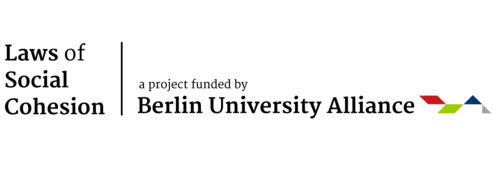Social cohesion and the rule of law: Federalism
Organizing social cohesion in fragmented institutions — federal crisis management in comparison.
The project investigates how the German federal state deals with the political and social consequences of the COVID-19 pandemic by means of legal regulation and which conflicts arise between territorially constituted units. Two general trends can be observed in federal states in the course of crisis management: a strengthening of the executive branch and attempts to centralize powers in favor of the federal government. Both tend to undermine principles of separation of powers. At the same time, the crisis is deepening already existing social and political tensions and inequalities.
Currently, the project focuses on two closely related strands of research. On the one hand, the project studies the question -- addressed by political economy – to what extent state political actors in the Covid-19 pandemic used the federal order as an opportunity structure to pursue opportunistic strategies such as blame-shifting in parliamentary discourse. Of importance to the research project are differences between parties and federal coalition politics. At the same time, the project examines how norms of pro-federal behavior underlying the cooperative federal state, which are anchored in case law, operate. Using state parliamentary transcripts, a comprehensive dataset has been developed that includes all Covid-19-related debates in the 16 state parliaments; coding of debates in the federal parliament is underway. The comprehensive text corpora are examined using qualitative content analysis and "text as data" methods.
Researchers: Anna-Bettina Kaiser, Sabine Kropp, Christian Waldhoff
